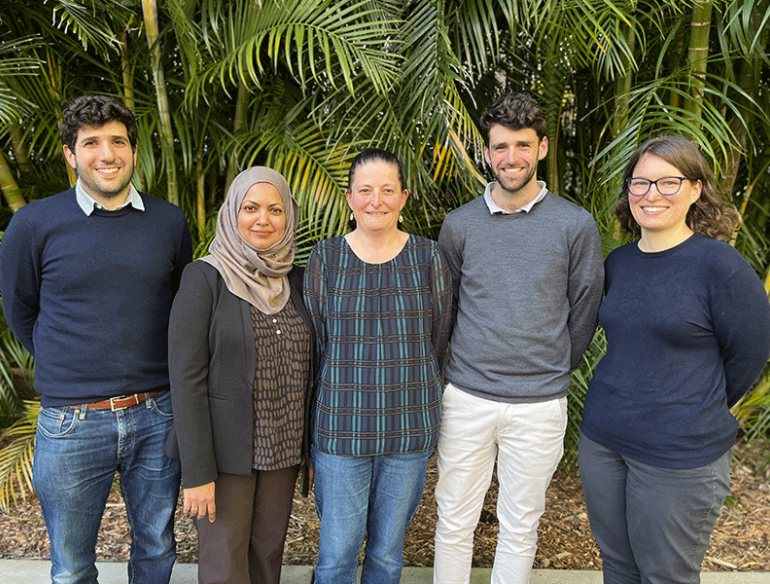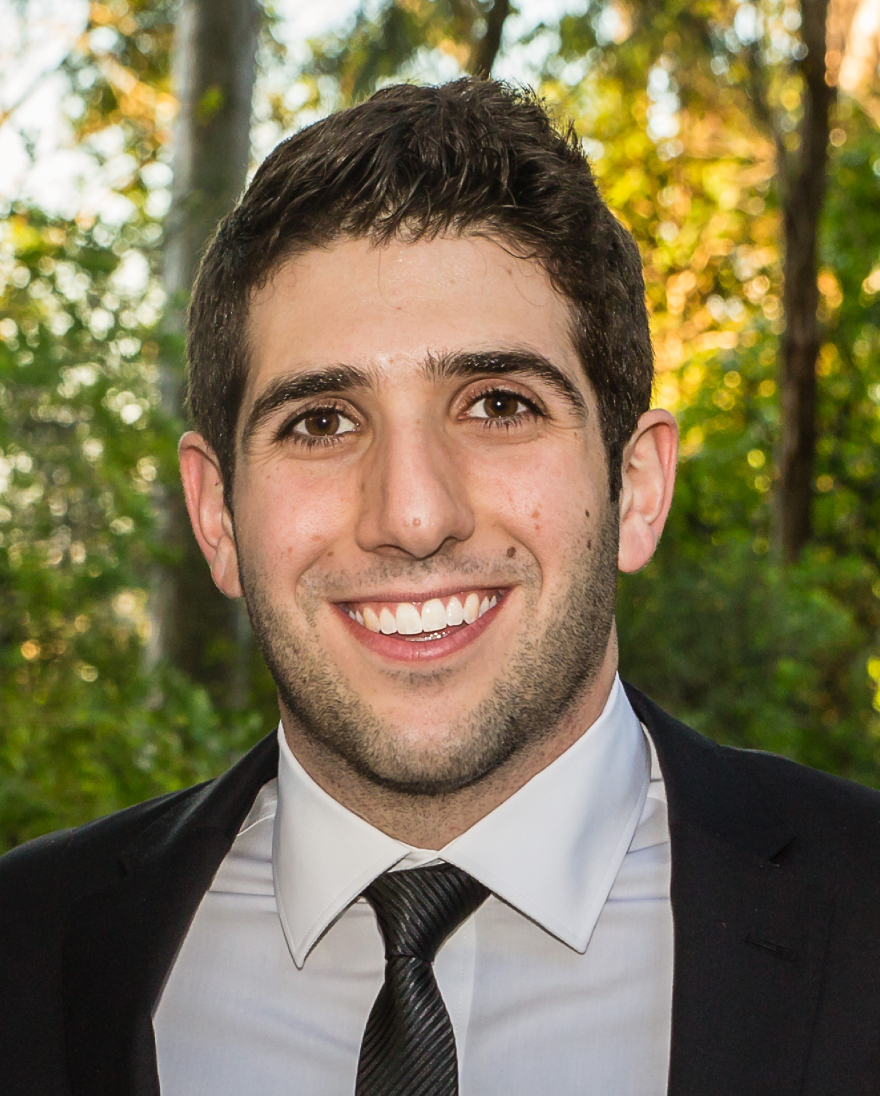Health policy decision making depends on the analysis of the best available evidence to support policy change. Randomised placebo-controlled trials are the gold-standard for assessing vaccine and drug effect to prevent and treat infectious diseases. However, in practice public health decisions often must be made without detailed data from a randomised controlled trial. This may occur because of the time taken for such trials, or because of ethical or practical concerns about blinding or placebo controls. In these situations policy makers must rely on surrogate measures of drug and vaccine efficacy.
For example, deciding whether drugs or vaccines are likely to be effective against new COVID-19 variants, or predicting whether new interventions are likely to be success often requires analysis of preclinical data to predict clinical effectiveness. In this setting, neutralising antibodies have been shown to be a strong surrogate of vaccine immunity or protection from COVID-19. Thus, we are able to “translate” from something measurable in a laboratory (neutralising antibody titres) to something clinically informative. Our team works with clinical and experimental collaborators globally with the aim of translating between the immunological and therapeutic laboratory science to provide accurate, quantitative clinical insights. The team relies on quantitative and analytical expertise to analyse, integrate and interpret clinical and experimental data. With these tools and broad collaborative initiatives, our group is working towards developing validated surrogates to accelerate drug and vaccine development, and to optimise the deployment of these interventions to reduce the burden of infectious diseases globally.

